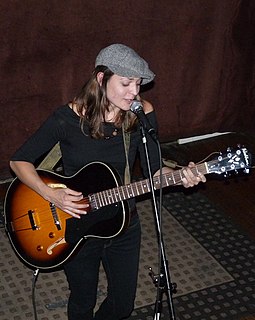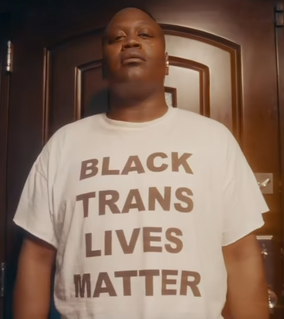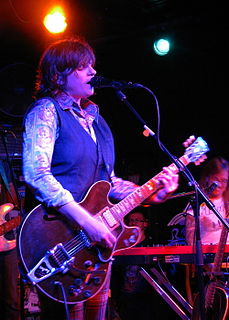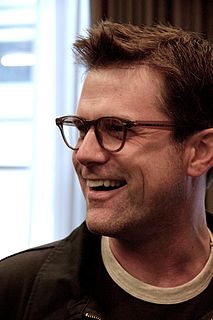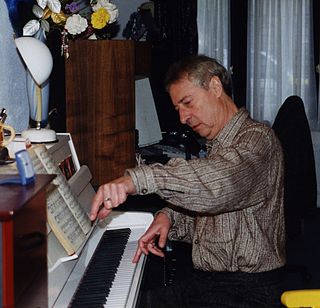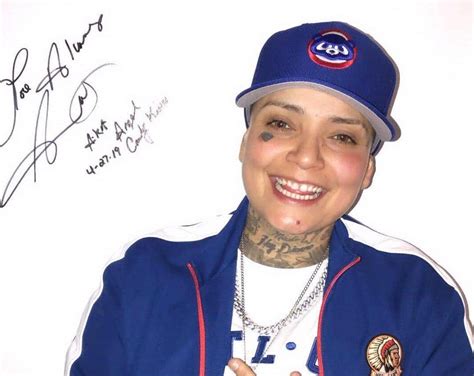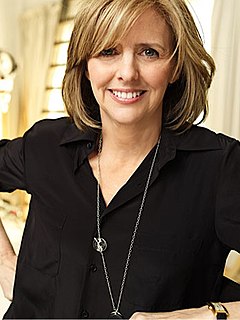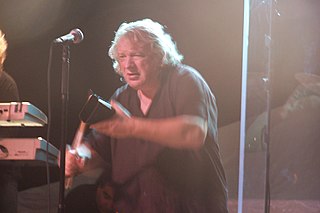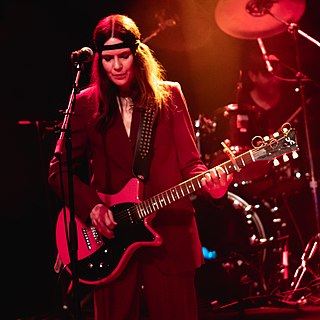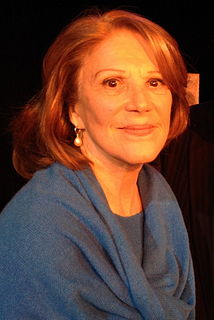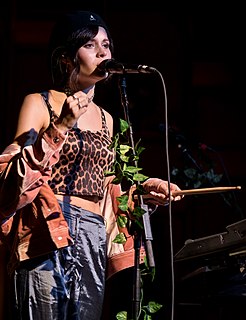Top 1200 Play Writing Quotes & Sayings
Explore popular Play Writing quotes.
Last updated on April 14, 2025.
I can work a lot faster when I'm writing a screenplay than when I'm writing a play because, if I'm having a problem with a scene or something, I can just be writing it in a way where there's no dialogue, or find a way to make sound do the work that I want to do or a close-up do the work that I need to do.
I still only play by ear. I don't have any training. But the piano actually makes more sense to me than guitar, even though I play more guitar now. And then, it wasn't till later that I started really writing songs. Writing songs was an outlet that I needed, so I became obsessed with it. It allowed me to express a bunch of stuff that had been piling up.
What I'm really involved in when I'm writing is something that no one ever mentions when they see any play. Writing is like trying to make gunpowder out of chemicals. You have these words and sentences and the strange meanings and associations that are attached to the words and sentences, and you're somehow cooking these things all up so that they suddenly explode and have a powerful effect. That's what absorbs me from day to day in writing a play.
I've grown up with a piano in the house, and that's where I started to be able to learn things by ear. Guitar kind of happened, and I was using it just for writing at first. Then, I was writing so much that I began to realise that I knew how to play, and that's when I started getting nerdy about it.
I started out really young, when I was four, five, six, writing poems, before I could play an instrument. I was writing about things when I was eight or 10 years old that I hadn't lived long enough to experience. That's why I also believe in reincarnation, that we were put here with ideas to pass around.
When you're writing a movie or a play and writing isn't going well, which is for me the normal condition - it's an exceptional day when suddenly I've got something and it's going well - you can call the studio or the producer or whoever is waiting for it and say, "I know I said I was going to have it in by the end of the summer.
Writing 'Hoop Roots' was a substitute or a surrogate activity. I can't play anymore - my body won't cooperate - so in the writing of the book, I was looking to tell a good story about my life and about basketball, but I was also looking to entertain myself the way that I entertain myself when I play.
Writing is like a contact sport, like football. Why do kids play football? They can get hurt on any play, can't they? Yet they can't wait until Saturday comes around so they can play on the high school team, or the college team, and get smashed around. Writing is like that. You can get hurt, but you enjoy it!
I feel that when I began writing, I had a need to know more about the play before I got into it. I think that's the way I was thinking. But my actual experience is that the best way to find out what the structure is, is by writing the play out laterally. You just have got to be brave enough to start without knowing where you are going.
Sometimes when I'm writing I'll play Cole Porter, just because the rhythms and the lyrics are so perfect that it's like having a smart partner in the room. I have a huge collection of music that I listen to when I'm writing, and I also prepare a lot of music before I start directing. I put it all onto an iPod that I have with me on the set. It's helpful to the actors, because for an emotional scene, I'll play it and say, this is how it feels, to keep us in the zone.
Writing objects to the lie that life is small. Writing is a cell of energy. Writing defines itself. Writing draws its viewer in for longer than an instant. Writing exhibits boldness. Writing restores power to exalt, unnerve, shock, and transform us. Writing does not imitate life, it anticipates life.
The myth stems from the belief that writing is some mystical process. That it's magical. That it abides by its own set of rules different from all other forms of work, art, or play.But that's bullshit. Plumbers don't get plumber's block. Teachers don't get teacher's block. Soccer players don't get soccer block. What makes writing different? Nothing. The only difference is that writers feel they have a free pass to give up when writing is hard.
Whether it's writing a monologue or writing standup or writing a screenplay or writing a play, I think staying involved in the creation of your own work empowers you in a way, even if you don't ever do it. It gives you a sense of ownership and a sense of purpose, which I think as an actor is really important.
I find it's very confusing when one critic tells you one thing and one tells you something completely different. Unless all the critics agree on parts of the play that just didn't work. I have stopped reading reviews, because I find writing is all about courage. You must have courage when you start writing a play and you cannot have the voice - you must write things out. You cannot have the voice of a critic telling you, "That didn't work in that play, you cannot make it work in another play." Every time you do a production, it's an experimentation.
Just play the moment, that's the fun of it. You just play the moment. It's great writing and very clever writing, I think it's witty. And I have those great clothes. You have a great, witty, intelligent script and you look like a million dollars, because we have a great costumer, and it's a pretty good place to begin.




